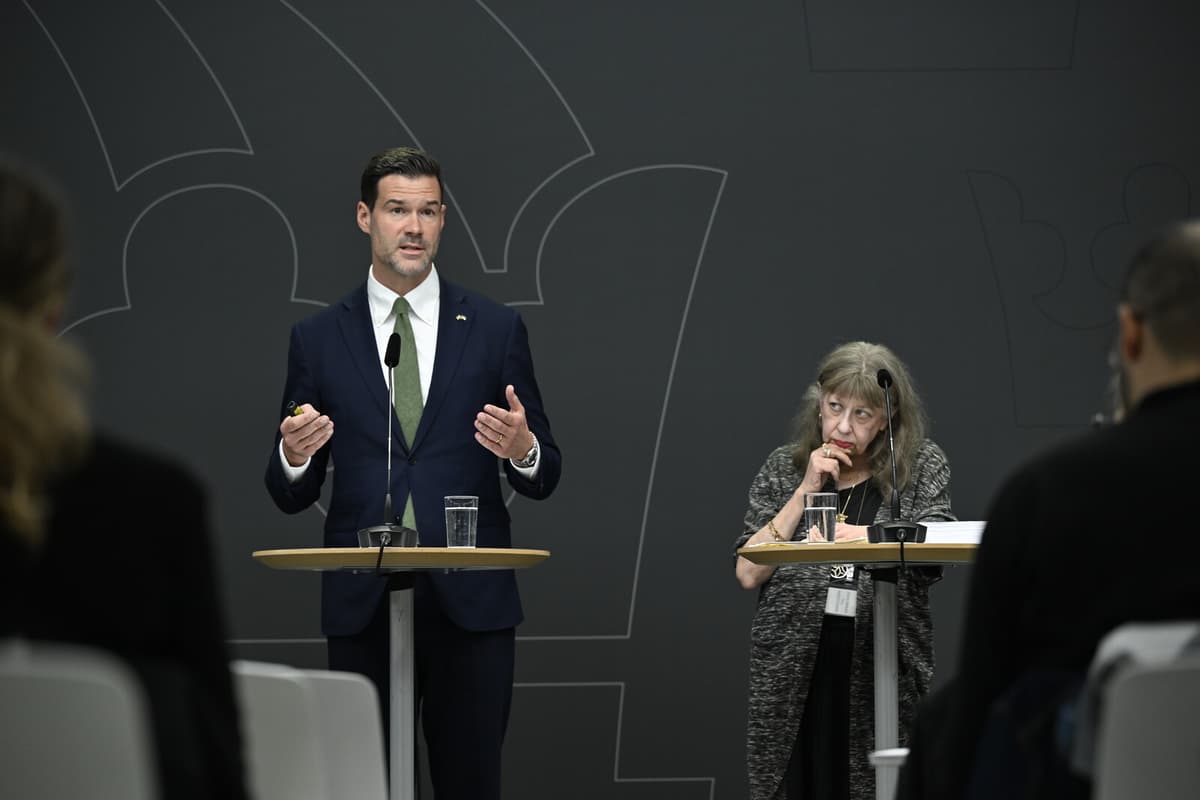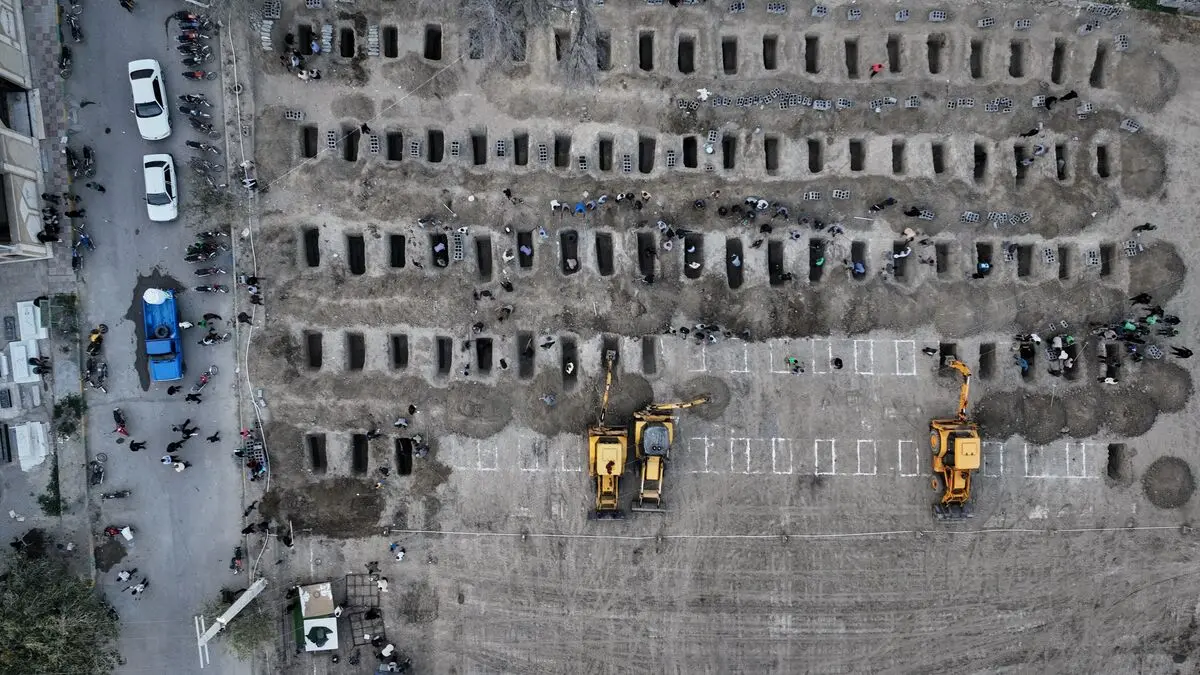The Government presented a proposal two weeks ago that asylum seekers as a main rule must live in state-run asylum accommodations to receive economic support.
Now, a government inquiry is proposing further measures. It will be mandatory to live in asylum centers throughout the entire asylum process.
We have assumed that it will be collective accommodations. Today, it is largely apartments, says the investigator Ingela Fridström.
Even those who have been denied asylum will have to stay in their asylum accommodations and receive compensation until they leave the country.
Attendance control
Attendance will be controlled for all asylum seekers at the accommodations.
It is a digital reading of the reception card in combination with spot checks, says Ingela Fridström.
In certain situations, individuals may be subject to a notification requirement. The geographical area an asylum seeker is allowed to stay in will be limited to a county and permission will be required for, for example, school trips, specialized healthcare, or to visit relatives outside the county.
In principle, you are only allowed to stay in the county where the asylum accommodation is registered. It is a relatively large area, you should be able to use contacts, community services, and leisure activities, says Fridström.
Similar regulations exist in Germany, France, and Austria. If you leave the county or do not live in your asylum accommodation, you may lose your compensation or have your asylum application rejected.
I want to emphasize that now it may seem like asylum seekers will only have obligations and no benefits and rights, but that is not the case, she continues.
"Easier if you get a no"
The inquiry does not think that asylum seekers should pay healthcare fees and proposes an indexing of the daily allowance.
We will look into it. At the same time, it is a principle that if you have money and come to a country, you pay for the expenses that are incurred, says Migration Minister Johan Forssell (M).
The proposal will now be sent out for review and Forssell's hope is that it will be in place by 2025 or 2026.
According to Forssell and the investigator, the proposal will lead to a shorter asylum process and make it easier to keep in touch with the individuals, for example, through support and community introduction.
And it will be easier to get hold of people if you get a no on your asylum application, says Forssell.
Around 12,600 people are registered in the Migration Agency's reception system today.
65 percent of them live in their own accommodations and a small part in the Migration Agency's accommodations.
25 percent of those who seek asylum are granted it.
Thousands of people are estimated to be in Sweden, despite having been denied asylum. The exact number is unknown.






